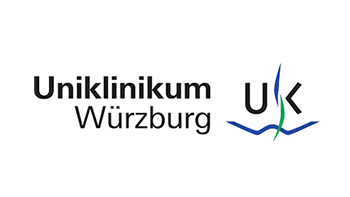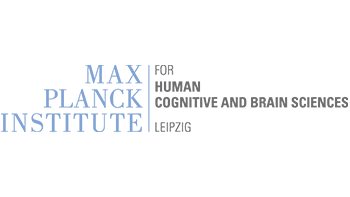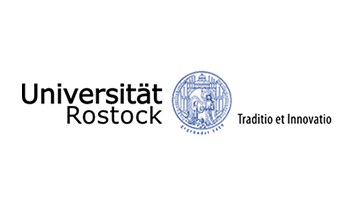Pozzi NG, Isaias IU.
Handb Clin Neurol. 2022;184:273-284. doi: 10.1016/B978-0-12-819410-2.00015-1. PMID: 35034741.
Review article
Abstract
A brain-machine interface represents a promising therapeutic avenue for the treatment of many neurologic conditions. Deep brain stimulation (DBS) is an invasive, neuro-modulatory tool that can improve different neurologic disorders by delivering electric stimulation to selected brain areas. DBS is particularly successful in advanced Parkinson’s disease (PD), where it allows sustained improvement of motor symptoms. However, this approach is still poorly standardized, with variable clinical outcomes. To achieve an optimal therapeutic effect, novel adaptive DBS (aDBS) systems are being developed. These devices operate by adapting stimulation parameters in response to an input signal that can represent symptoms, motor activity, or other behavioral features. Emerging evidence suggests greater efficacy with fewer adverse effects during aDBS compared with conventional DBS. We address this topic by discussing the basics principles of aDBS, reviewing current evidence, and tackling the many challenges posed by aDBS for PD.










